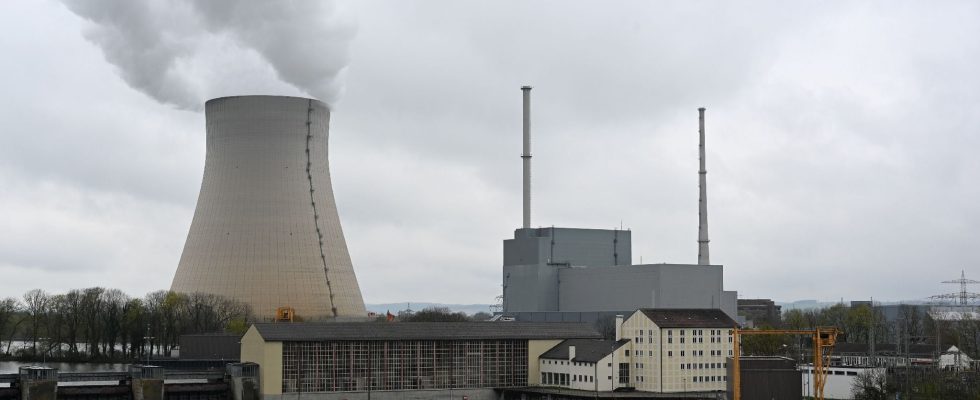He is one of the most respected voices in Germany. Hans-Werner Sinn, president emeritus of the Ifo Economic Institute and professor emeritus at the University of Munich, is not a member of any political party and he does not participate in any events organized by them, emphasizes the website dedicated to it. This position allows him to take a raw and objective look at German politics. Thus, the economist does not mince his words on his country’s energy choices. Not only do they have a disproportionate cost, but they are based on unrealistic assumptions. The path taken by Germany is so problematic that the country could reconsider its position on nuclear power.
L’Express: In 2022, a few months after the start of the war in Ukraine, you said that Germany’s energy policy was inevitably leading to failure. Have you changed your mind?
Hans-Werner Sinn: Unfortunately no. The basic problem remains the same. Germany’s strategy is to achieve carbon neutrality by relying almost exclusively on wind and solar power. But these are by definition intermittent and cannot be adapted to needs. In winter, the lack of sun and wind can last for several weeks. In summer, there is often a surplus of energy that no one needs. Storage devices moving energy from summer to winter do not yet exist. Germany therefore needs a double structure: green installations for favorable weather conditions and fossil energy production to fill the gaps during periods of insufficient sunshine and windlessness. This particularity makes energy very expensive. Germans must pay the fixed costs of wind turbines and photovoltaic panels, as well as those of conventional power plants.
Germany’s energy choices have already led to very high electricity prices. Households complain. Businesses too. Energy-intensive companies are already losing competitiveness. This is the case, for example, of the chemical industry, whose production has fallen by 20% since 2018. At the start of the year, the Bundesrechnungshof – the French equivalent of the Court of Auditors – published a damning report on the state of the energy transition in Germany. He notes that renewable energies have not made it possible to compensate for the loss of production from nuclear power plants, and that energy supply will only be ensured under unrealistic assumptions. How can we not describe this situation as a failure?
Will Germany run out of energy in the coming years?
I do not think so. After all, it can import energy from neighboring countries that have controllable energy sources, such as nuclear power. The Bundesrechnungshof calculated that Germany once had an electricity generation capacity of 60 gigawatts (GW). Today, the country can only count on 36 GW. There is therefore a shortage of 24 GW, or around 24 conventional power plants. This means that the need for investment goes well beyond recent government announcements.
In fact, I think Germany will eventually bring its nuclear reactors back online. The reflection will undoubtedly begin after next year’s elections. Of course, a lot can happen between now and then. But if the vote took place today, we would probably have a coalition between the Christian Democratic Union (CDU) and the Social Democratic Party (SPD) in power. Friedrich Merz, who took over as head of the CDU two years ago, would then probably be chancellor. However, he has already publicly committed to relaunching nuclear energy. Moreover, restarting the reactors remains technically possible in certain cases. Certainly, the dismantling of power plants began under the influence of environmentalists. But some are still in good condition and could be put back into operation.
Is the German population ready for such a shift?
Public opinion has changed. According to polls, the majority of German citizens are now in favor of extending nuclear power plants. In fact, the war in Ukraine has sparked a lot of discussion about energy. And the population is starting to realize the reality. In 2011, when former Chancellor Angela Merkel decided to move the country away from nuclear energy, people were dreaming. They believed the tall tales told by environmentalists that everything could be done “green” and that Germany would become the world leader in low-carbon technologies.
This was nonsense from the start, because economic efficiency arises from private decisions, not government decisions. Today we realize that we cannot shut down coal-fired power plants and nuclear reactors all at once, and that we cannot run the economy on wind power and electricity alone. solar energy. There is a growing consensus on this issue. This is why the current government risks losing the next elections. Unless there is a miracle.
.
